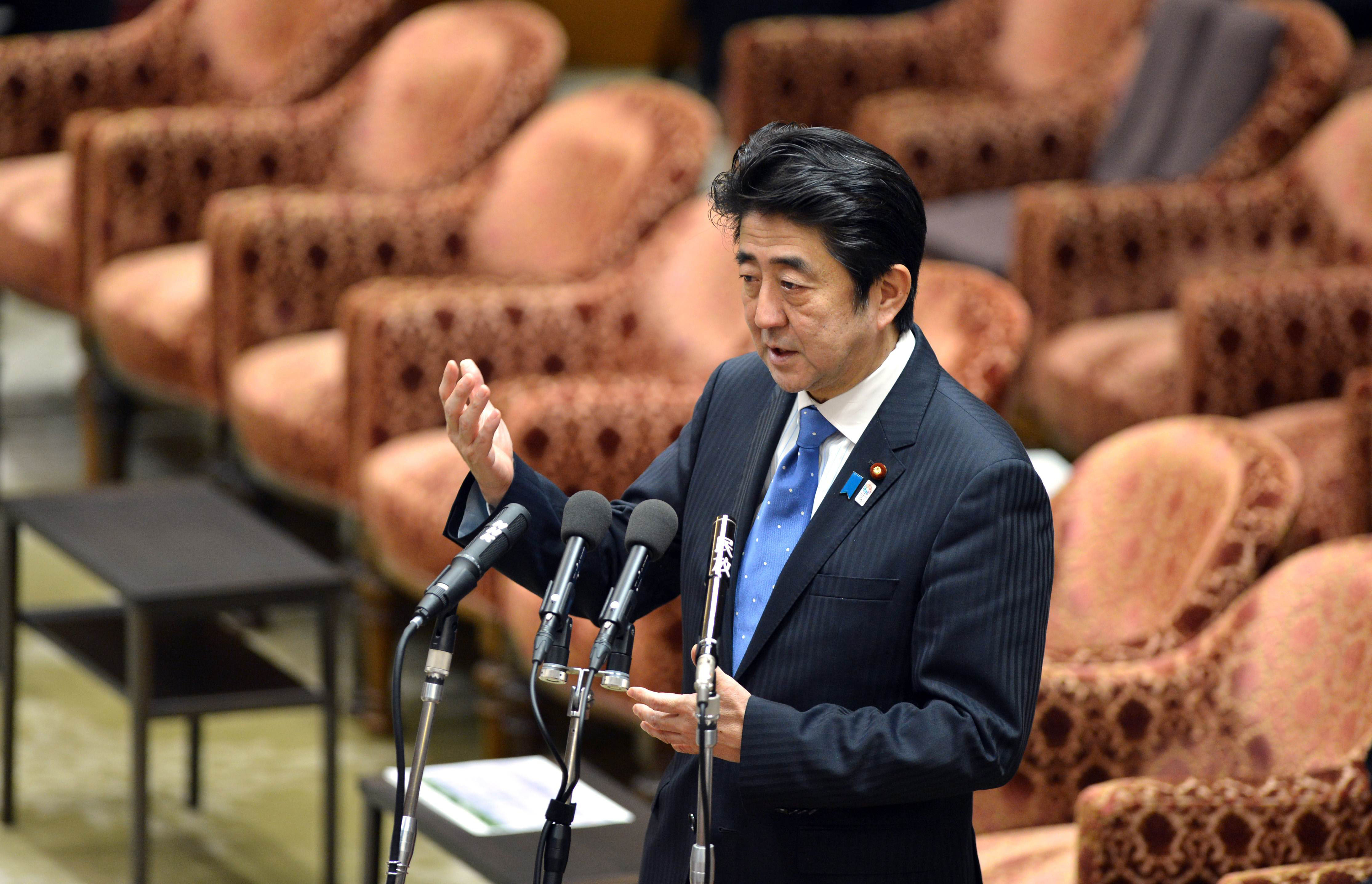Actor-emcee Kinya Aikawa has his own TV station on the Net, and because the only ads are for projects involving Aikawa and his equally famous wife, Midori Utsumi, he doesn't worry about making sponsors uncomfortable. The regulars on his talk show, "Pack-in News," can say whatever they want. Attorney Saeko Masumi made a startling admission during a recent discussion of the voting disparity controversy, wondering how qualified her colleagues are to talk about the issue since the constitution isn't really taught in Japanese law schools.
If lawyers are insufficiently educated about Japan's charter, how knowledgeable are politicians? More to the point, what exactly does the constitution mean to elected officials? Last week, an opposition party member questioned Prime Minister Shinzo Abe on his familiarity with the constitution during a Diet debate and Abe bristled, saying he didn't like being made to answer a "quiz." What was significant about the exchange, which received a lot of attention on the Internet but was passed over by major media, wasn't Abe's ignorance but rather his arrogance. A recent discussion in the weekly magazine Aera addressed the determination of Abe and like-minded public officials to rewrite the constitution to reflect their own conservative sensibilities, which boils down to a belief that the populace serves the state, so rather than focus on the rights of citizens it should stress their responsibilities.
These would-be revisionists scorn the present constitution because they believe it was foisted on Japan by the Americans during the postwar occupation, an attitude that is plainly revealed in the government's reluctance to change the Public Offices Election Law. Several weeks ago the Tokyo District Court ruled in favor of a woman with Down's Syndrome who sued the state for denying her the right to vote. The woman is 50 and her father acts as her legal guardian for financial reasons. According to the law, a ward with a developmental disability cannot vote, presumably because they lack the necessary intellectual faculty to make an informed decision. The court found in favor of the woman since the constitution guarantees "universal adult suffrage." The government didn't refute the judge's finding but has decided to appeal the verdict because it would need to revise the relevant rules before the Upper House election this summer and doesn't think it has enough time.


















With your current subscription plan you can comment on stories. However, before writing your first comment, please create a display name in the Profile section of your subscriber account page.